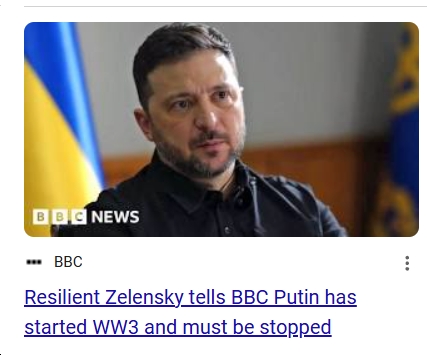So, who do you agree with on this story (“The U.N. Security Council on Friday passed a resolution demanding Israel cease Jewish settlement activity on Palestinian territory in a unanimous vote that passed when the United States abstained rather than using its veto as it has reliably done in the past.”)?
Your first option is Sen. Mark Warner.
I am dismayed that the Administration departed from decades of U.S. policy by not vetoing the UN resolution regarding Israeli settlements. I continue to believe that a productive path toward peace requires direct negotiations between the Israelis and the Palestinians. Involvement at the UN, particularly via one-sided resolutions, is counterproductive to achieving a two-state solution.
Your second option is J Street, “the political home for pro-Israel, pro-peace Americans who want Israel to be secure, democratic and the national home of the Jewish people.”
Today’s UNSC resolution is consistent with longstanding bipartisan American policy, which includes opposing incitement, terror and settlement expansion. Join us in thanking President Obama for allowing the UNSC to pass an important resolution reaffirming the international community’s support for the two-state solution and strong opposition to settlement expansion.
I’m much more with J Street than I am with Sen. Warner on this one. I also agree strongly with President Obama and Secretary of State John Kerry, who “have privately and publicly been warning Israel that the moribund prospects for peace were undermining Israel’s ability to remain both Jewish and democratic.” As for Sen. Warner’s comments that this “departed from decades of U.S. policy,” actually U.S. policy has been inconsistent on the settlements:
The U.S. position has fluctuated over time. In the Reagan years, the United States said the settlements were “not illegal.” The Clinton and George H.W. Bush administrations avoided the legal arguments but criticized the settlements frequently. President George W. Bush called the larger settlement blocs “new realities on the ground” that would have to be reflected in peace negotiations.
More recently, the official U.S. attitude has been more critical. In 2011, the Obama administration vetoed a UN Security Council resolution calling the settlements “illegal” but former U.S. ambassador to the United Nations Susan Rice then denounced “the folly and illegitimacy” of continued Israeli settlement activity. “The United States of America views all of the settlements as illegitimate,” Secretary of State John Kerry said in August 2013.
As for Sen. Warner’s comment that this was a “one-sided resolution,” in fact:
The resolution also condemned Palestinian incitement to violence and all acts of terrorism. Power said the United States would not have allowed its passage without that proviso. She also criticized the United Nations itself, saying it had perpetuated a double standard by repeatedly condemning Israeli actions while remaining silent about Palestinian incitement.
Finally, I’m not exactly sure what Sen. Warner means by “a productive path toward peace requires direct negotiations between the Israelis and the Palestinians,” but the fact is that the closest Israelis and Palestinians have ever come to peace has been a result of strong involvement by the U.S. (e.g., Bill Clinton’s peace summit at Camp David in 2000, Clinton’s involvement in the 1998 Wye River Memorandum, etc.).
P.S. Also see Deputy National Security Adviser Ben Rhodes on the U.S. vote today. I am strongly with Rhodes’ reasoning here…
P.P.S. Also see President Reagan talking in 1982 about not supporting “annexation or permanent control” of the West Bank by Israel, supporting Palestinian self government in conjunction with Jordan, and supporting U.N. Security Council Resolution 242 (exchange of occupied territories for peace).


![Thursday News: “Europe draws red line on Greenland after a year of trying to pacify Trump”; “ICE Agent Kills Woman, DHS Tells Obvious, Insane Lies About It”; “Trump’s DOJ sued Virginia. Our attorney general surrendered”; “Political domino effect hits Alexandria as Sen. Ebbin [to resign] to join Spanberger administration”](https://bluevirginia.us/wp-content/uploads/2026/01/montage010826.jpg)
![Sunday News: “Trump Is Briefed on Options for Striking Iran as Protests Continue”; “Trump and Vance Are Fanning the Flames. Again”; “Shooting death of [Renee Good] matters to all of us”; “Fascism or freedom? The choice is yours”](https://bluevirginia.us/wp-content/uploads/2026/01/montage011126.jpg)

![New Year’s Day 2026 News: Full Video of Jack Smith Testimony – “The attack that happened at the Capitol…does not happen without [Trump]”; Trump/RFK Jr Make Measles Great Again; Right-Wing YouTuber Nick Shirley Definitely Not a Real Journalist; Musk Did Enormous Damage in 2025](https://bluevirginia.us/wp-content/uploads/2026/01/montage010126.jpg)












